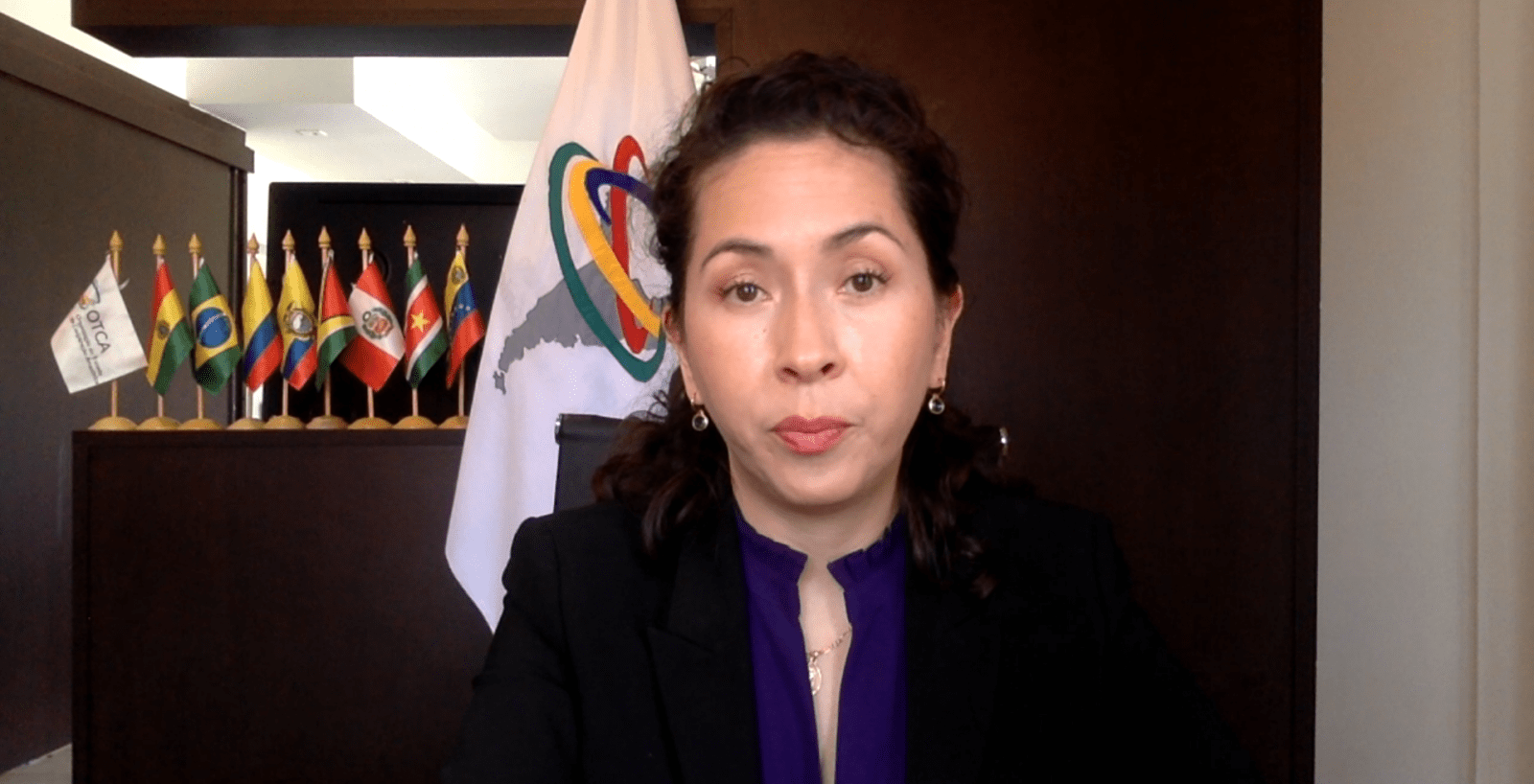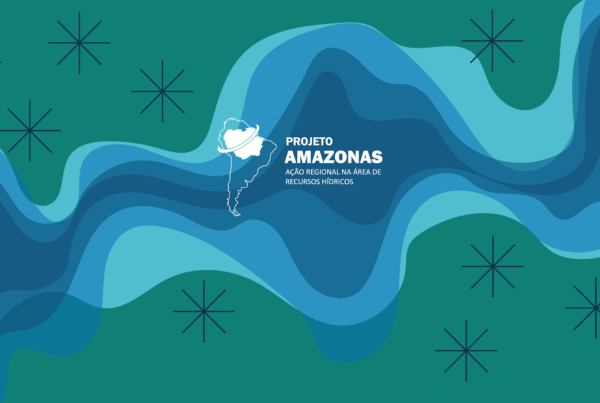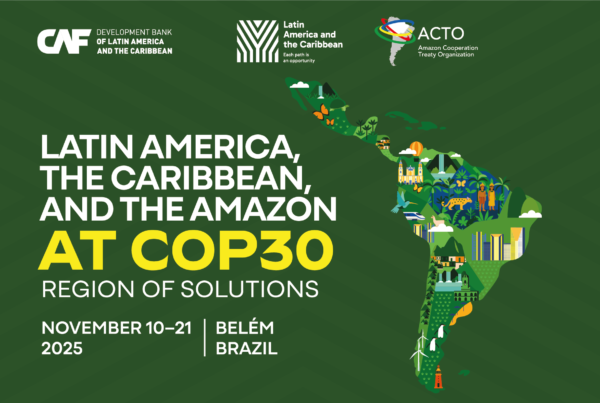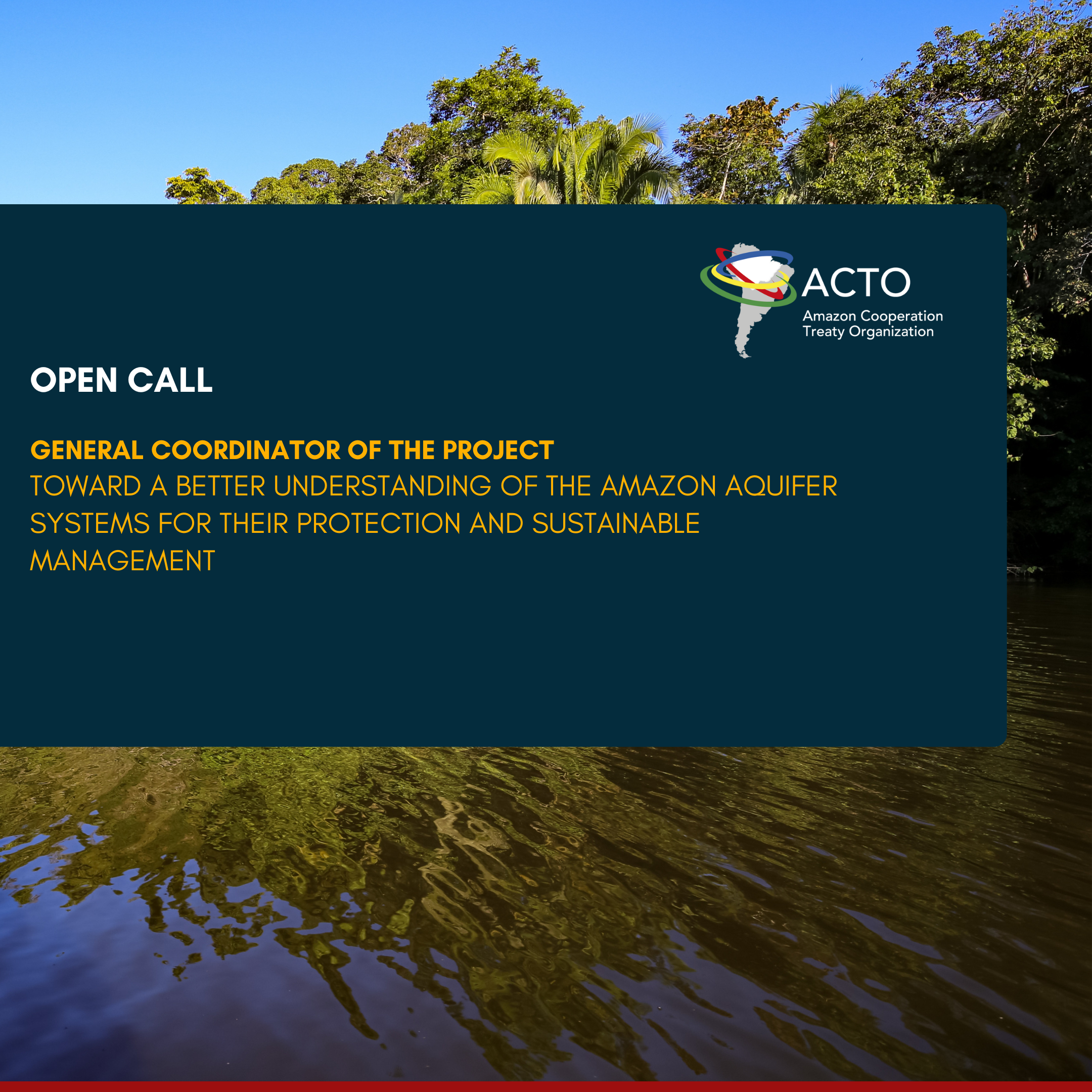The Amazon Cooperation Treaty Organization (ACTO) participated, on September 06, in the World Conservation Congress of the International Union for the Conservation of Nature (IUCN), represented by the secretary general, Alexandra Moreira.
Composing the Forum of “Amazon 2.0: connected by our forests”, Moreira highlighted the Regional Biological Diversity Program for the Amazon Region the study of rapid assessment of the state of Biological Diversity and Ecosystem Services, highlighting the importance of the Natural Resources of the Amazon Region. The Secretary General focused on the watershed that covers this ecosystem, being considered the largest in the world and contributing to the planet with more than 20% of fresh water.
Not forgetting the regional population, Alexandra Moreira mentioned the 48 million inhabitants that are in this region, including more than 400 indigenous peoples.
Due to all this immensity that covers the Amazon ecosystem, in 1978, Bolivia, Brazil, Colombia, Ecuador, Guyana, Peru, Suriname and Venezuela sign the Amazon Cooperation Treaty to work together in favor of the harmonic and sustainable development of the Amazon Region. And to strengthen the activities of the countries, the Amazon Cooperation Treaty Organization (ACTO) emerged in 1998, the only legal and governmental entity established by the Member Countries.
Moreira also recalled, during her speech, that the sustainable management of Biological Diversity and Forests is one of the different themes that ACTO works on. Adding to this fact, in May this year, the eight Member Countries unanimously approved the first Biological Diversity Program for the Amazon Basin. This demonstrates the unification of efforts and the joint technical-cooperative work of countries, with a holistic view of the ecosystem.
Within the program was conceived the realization of a very important study of rapid assessment of biological diversity and ecosystem services for the Amazon, being in accordance with the methodology of the Intergovernmental Platform on Biodiversity and Ecosystem Services (IPBES). With a regional focus, concentrated in the Amazon, this evaluation becomes historic because it is one of the first to exist, produced by professionals and intellectuals of Amazonian knowledge. This analysis will contribute to state updates, as well as threats, opportunities and trends in biodiversity and ecosystem function services. In addition, the study will generate recommendations for decision-makers so that they can guide their national and regional policies so that the goals of the Convention on Biological Diversity (CBD) Global Framework are met. All this information will be present at the Amazonian Regional Observatory, to be inaugurated in October.
The secretary general concluded her speech by convening multilateral institutions and cooperation agencies to join the Amazonian regional effort of ACTO, in search of cooperative and concrete actions for a harmonious management of biological diversity. “The current urgency forces us to achieve significant increases in financial flows in developing countries. And we know that because of its high ecosystem relevance, the Amazon becomes an even greater priority”, concludes Alexandra Moreira.
World Conservation Congress
Organized by International Union for the Conservation of Nature (IUCN), gathered about 1,400 organizations, civil society associations and indigenous peoples, as well as international leaders, from September 03 to 11 in Marseille, France.
The objective of this Congress was to recover unity and commitment to the protection of biodiversity and discuss concrete actions for the conservation of ecosystems.



